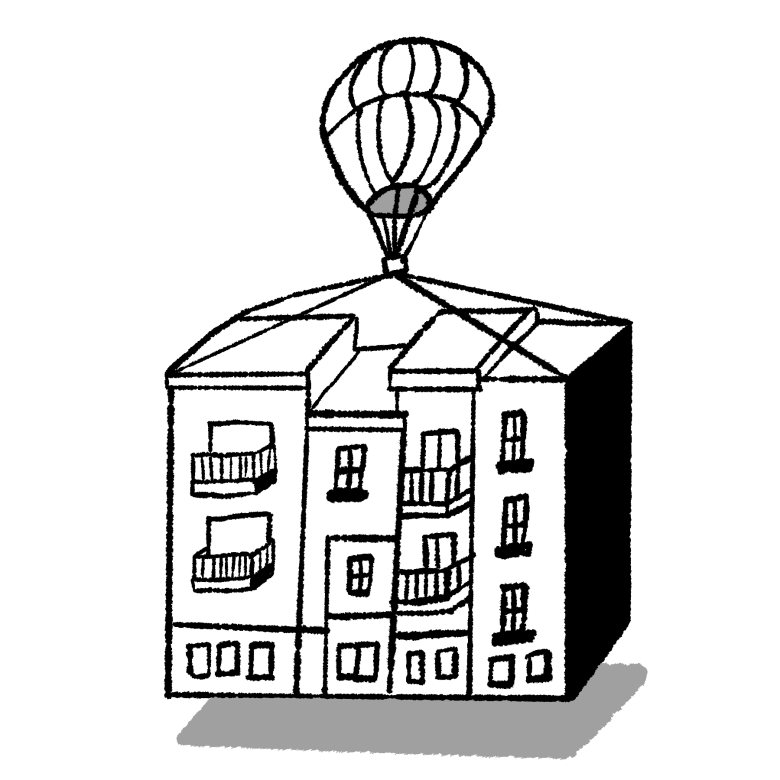In the coming election, Proposition 33 will be coming back into the ballot after being unsuccessful the past voting years. This Proposition wants to quote “Limit initial residential rental rates for new tenants or rent increases for existing tenants in certain residential properties.”
What Will Proposition 33 Do?

Prop 33 would allow the local government to enact rent control laws by eliminating the Costa-Hawkins Rental Housing Act. Currently, Costa-Hawkins restricts rent control by exempting single-family homes and newer housing built after 1995 and limits how much rent can be controlled for new tenants. If Prop 33 were to pass, cities and counties could apply rent control to any type of housing, including newer properties and single-family homes, and they could also regulate rent increases when a new tenant moves in, not just for existing tenants.
Prop 33 does not automatically change existing rent control laws but allows local governments to make these changes.
What is Rent Control?
Rent control is a government regulation that controls the amount of rent landlords can charge and how much they can increase rent over time. The primary goal of rent control is to protect tenants from the rapidly rising housing costs, especially in areas where demand outstrips supply. These policies aim to make housing more affordable and provide stability for tenants by fixing rent increases, ensuring sudden and significant rent hikes do not displace them. An example is the Tenant Protection Act, where landlords not exempt from this regulation can only raise rent by 10% annually.
Rent control can economically impact both the housing market and property owners. While it would benefit tenants by making rent more predictable, it would discourage landlords from investing in rental properties or maintaining them, as their potential return on investment is limited. Additionally, rent control may reduce the supply of rental housing, as property owners might convert rental units to other uses or avoid entering the rental market altogether. Rent control can lead to housing shortages in high-demand areas, potentially driving up rents for properties not covered by rent control.
What Would the Long-Term Impact of Prop 33 Be?
Proposition 33 will lead to expanded rent control policies across California, which might immediately relieve renters by limiting rent increases and making housing more affordable for those covered under these new laws. Suppose local governments were to gain more power to regulate rents in a broader range of properties. In that case, renters adopting stricter rent control would experience more stability and fewer displacements due to rising rents. Prop 33 would be particularly impactful in high-demand areas, where rents have consistently outpaced wage growth. Over time, expanding rent control could also reduce the financial pressure on renters, especially in historically expensive cities such as Los Angeles and San Francisco.
However, Proposition 33 could also have unintended long-term consequences on the overall housing market. Property owners will become less incentivized to maintain or invest in rental housing by restricting rent increases, leading to declining housing quality over time. Additionally, the proposition could deter new housing developments, especially rental units, as developers may find reduced profitability in areas with strict rent controls. Prop 33 could exacerbate California's housing shortage in the long run, making it harder for prospective renters to see available units. The reduction in property values caused by rent control could also shrink property tax revenues, limiting funding for public services and local government budgets over time.
What Are The Pros of Prop 33
There Would Be Increased Tenant Protection: Renters would get more protection from yearly rent increases, making housing more affordable in high-cost areas.
There Would Be More Local Control: It would empower local governments to fix rent control policies to the specific needs of their communities, allowing flexibility to address local housing issues.
More Affordability for Renters: This would help reduce rent costs for many tenants, particularly those living in high-demand areas where rents have skyrocketed.
Decreased Displacement of Renters: With rent increases limited, renters are less likely to be forced out of their homes due to unaffordable rent increases.
Cons of Prop 33
Less Housing Supply Long-Term: Landlords might convert rental properties into other uses or sell them rather than rent under restrictive controls, reducing the availability of rental housing.
Decline in Property Values: Rent-controlled properties will heavily decline in value, reducing property tax revenues and negatively affecting local government budgets and public services.
Decline in Development of New Housing: Developers would not want to build new housing in areas with rent control, worsening California's existing housing shortage.
Decrease in Housing Quality: With limited rental income, landlords will invest less in maintaining and improving rental properties, leading to a possible decline in housing conditions.
Increased Cost for Local Governments: Expanding and enforcing rent control could result in higher administrative costs for local governments, which may be passed on to landlords or taxpayers.
Should I Vote Yes or No On Prop 33?
Vote Yes if local governments have more control over rent policies, it would help address the ongoing housing crisis and provide stronger protections for renters.
Vote No if you are concerned about the long-term effects on housing supply, property values, and local government revenues. A "no" vote supports maintaining current state limits on rent control to encourage investment in rental properties and new housing development while avoiding potential reductions in rental availability.
I will be voting no on Prop 33 because this long-term impact will significantly outweigh the short-term solution it brings.

.jfif)
.jfif)
